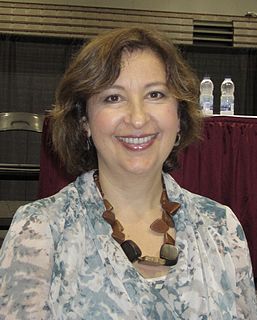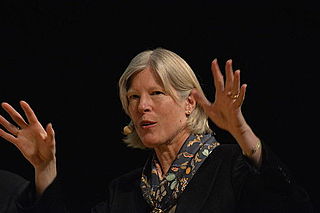A Quote by Thom Gunn
When I was an undergraduate I had very badly annotated editions of Shakespeare's sonnets, all of which left out the important fact that will has a sexual sense in Shakespeare's sonnets.
Quote Topics
Related Quotes
We all had such larks. Yes, it was hard work but the friendships and the genuine respect we had for one another, that side I shall miss greatly. I've stopped acting, but I don't think I've finished using my voice. I could, and probably will, record the whole of Shakespeare's sonnets. They live at the side of my bed and are my constant companions.
All the unimaginative assholes in the world who imagine that Shakespeare couldn't have written Shakespeare because it was impossible from what we know about Shakespeare of Stratford that such a man would have had the experience to imagine such things - well, this denies the very thing that separates Shakespeare from almost every other writer in the world: an imagination that is untouchable and nonstop.
Shakespeare's always been sitting on my back, since I began reading. And, certainly, as a writer, he's who I hear all the time. And he's almost indistinguishable now from the English language. I have no sense of what Shakespeare is like. I have no sense of the personality that is Shakespeare. I think, alone among writers, I don't know who he is.






































